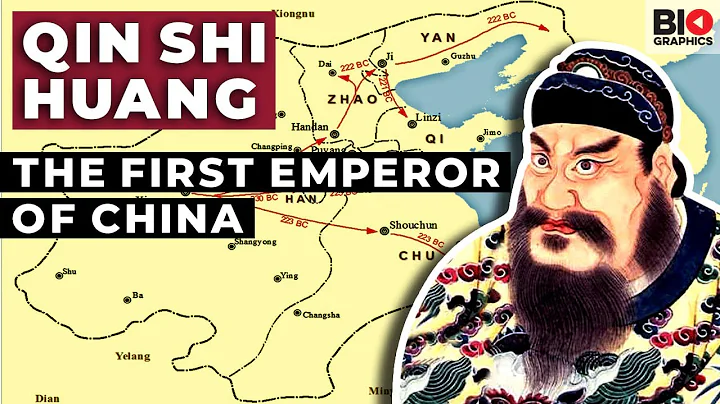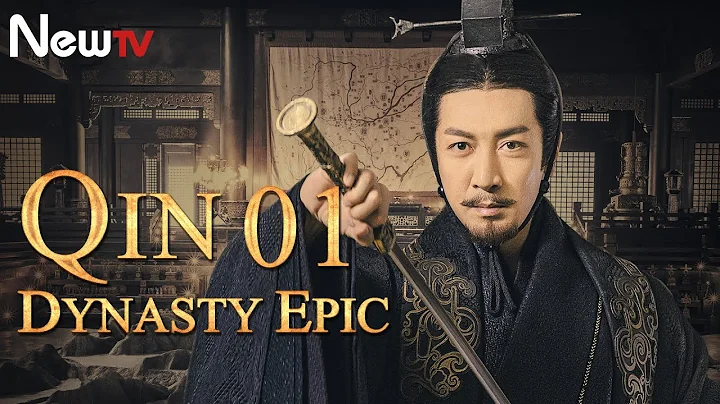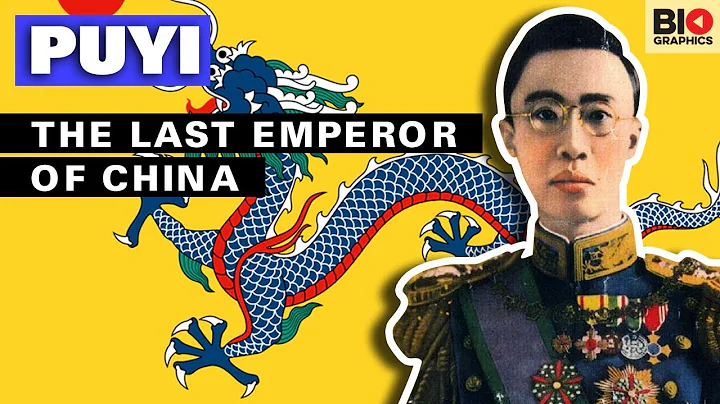Since the first emperor in Chinese history, Qin Shihuang Ying Zheng, ascended the throne in 246 BC, to the abdication of China's last emperor Puyi in 1912, in the history of more than two thousand years, there have been There have been more than 50 dynasties and 495 emperors.
But, you know what? At such a period in history, five emperors existed at the same time. What happened? All this can be traced back to the late Ming Dynasty Chongzhen (April 25, 11644 AD). After Li Zicheng captured the city of Beijing, Emperor Chongzhen ordered his concubines to commit suicide while he personally beheaded his two daughters. Later, he hanged himself on a crooked neck tree in Meishan.

In January 1644, Li Zicheng founded the country in Xi'an. Li Zicheng, whose real name was Hongji, and nicknamed Huang Lai'er and Zao'er. In the thirty-fourth year of Wanli (1606), Li Zicheng was born in Yulin, Shaanxi. He lived in poverty from a farm family in Zhi County since he was a child. He used to make a living by herding sheep for the landlord's family. His parents died when he was a teenager, and he also went to Yinchuan to work as a postman.
At the end of the Ming Dynasty, corruption was rampant in various places. Li Zicheng joined the army many times and was dismissed. Later, he killed his creditors because he was unable to repay his debts. When he joined the army for the last time, he became angry because the kingdom withheld military pay. When passing through Yuzhong (today's Yuzhong County, Lanzhou, Gansu), he and his army lieutenants killed the kingdom and the local county magistrate, and officially launched an uprising.

Since Li Zicheng launched a peasant uprising in northern Shaanxi in the seventh year of Tianqi (1627), he has fought everywhere and called himself "King Chuang". Finally, on the first day of the first lunar month of the Chongzhen 17th year (1644), he established political power in Xi'an and reformed. The country name is Dashun , the reign name is Yongchang, and he is the Emperor of Dashun. A few months later, they invaded Beijing and forced Emperor Chongzhen Zhu Youjian to death in Meishan (today's Jingshan Park).
2. In June 1644, Zhu Yousong was proclaimed emperor and established the Southern Ming Dynasty.
After Emperor Chongzhen hanged himself on the crooked neck tree in Meishan, Beijing was officially captured by the peasant army led by Li Zicheng. At this time Although the capital of the Ming Dynasty has fallen and the Ming Dynasty has been destroyed, the southern territories, including Nanjing Province, are still under the control of the old Ming Dynasty forces.

"A country cannot live without a king for a day." In the view of the ministers stationed in Nanjing, the Ming Dynasty regime still existed, and a new emperor needed to be quickly established to consolidate the regime. It was at this time that Zhu Yousong was fleeing. In the process, he was selected by the old officials of the Ming Dynasty.
On May 15th of the first year of Shunzhi (1644), with the support of the old officials of the Ming Dynasty, Zhu Yousong ascended the throne in Nanjing Forbidden City Wuying Hall, established the Nanming regime, and changed the name to the first year of Hongguang.

In September 1644, Emperor Shunzhi entered Beijing and ascended the throne.
Emperor Shunzhi, Aixinjueluo Fulin, the ninth son of Qing Taizong Huang Taiji, had already passed the throne when Huang Taiji was still alive. After many battles and the occupation of a large number of towns in the Ming Dynasty, the Ming Dynasty's regime was in danger and only missed the mark.
Empress Huang Taiji passed away because of excessive miss for his beloved concubine Hailanzhu. At the age of only six, Fulin ascended the throne as emperor with the support of the ministers and his uncle, becoming the third emperor of the Qing Dynasty.

After the six-year-old Fulin ascended the throne, and with the help of his uncle Dorgon , he soon took over the Central Plains. In the first year of Shunzhi (1644), the Qing army entered the customs , and in September of the same year The capital was moved from Shengjing to Beijing, and the enthronement ceremony was held at Taihemen , and the year name was changed to the first year of Shunzhi.
IV. In November 1644, Zhang Xianzhong established the "Daxi" Kingdom in Chengdu.
Zhang Xianzhong, nicknamed Huang Hu, was the only emperor of the Daxi Kingdom. Like Li Zicheng, he also came from the peasant uprising army in the late Ming Dynasty.

But what made him different from other rebels was that he had studied as a child and worked as a policeman for a period of time. Later, he joined the army and violated military law. However, because of his strange appearance, he was appreciated by the then commander Chen Hongfan and was exempted. The death penalty .Perhaps because of his early military experience and reading, Zhang Xianzhong had an excellent combat command mind. After joining the rebel army, he quickly became successful in the army with his outstanding talents, and was on the battlefield. He has repeatedly made military exploits.

After many battles, Zhang Xianzhong has become the leader of the rebel army. After conquering Sichuan, on November 16, the first year of Shunzhi (1644), he proclaimed himself emperor in Chengdu, Sichuan, and changed the country's name to " "Daxi ", the year name is "the first year of Dashun".
Summary
In 1644, a total of five emperors appeared in the late Ming Dynasty, namely Emperor Chongzhen, Li Zicheng, Zhu Yousong, Shunzhi Emperor, and Zhang Xianzhong, the emperor of the Ming Dynasty. Although these five people all served as emperors at the same period , but why was Emperor Shunzhi the only one to complete the unification?

In the final analysis, it was still affected by personality factors. First of all, Emperor Chongzhen did not know people and loved money. He not only killed his minister Yuan Chonghuan, but even when he sent troops to suppress the peasant uprising, he was not willing to pay the soldiers and also wanted Deductions from people who already live in poverty have caused public resentment. Li Zicheng, since he was able to overthrow the rule of the Ming Dynasty, he was naturally outstanding, but he also loved money and was jealous of talents. He was blindly confident. He not only killed Li Yan who often made suggestions for him, but also ignored the dissuasion of his officials. Wu Sangui insisted on conquering himself, but in the end he was defeated and died while fighting the Qing Dynasty.

Zhu Yousong was even less talented. He had no intention of becoming emperor, but was elected to the throne by ministers. During his reign, he indulged in drinking and sex, was politically corrupt, and had no intention of governing the country. In the end, he was caught on the way to escape and was captured by the Qing government. Death by beheading. Zhang Xianzhong can be described as "violent". After he established the capital in Chengdu, he killed innocent people indiscriminately and even recorded the people he killed. The whole behavior was "perverted" and his actions can be called "animals" .

Finally, Emperor Shunzhi was only a six-year-old child at the time. The reason why he was able to successfully unify the country was actually mainly due to the figure behind him, Dorgon. After Dorgon entered Beijing, he implemented a series of policies to ease the conflict between the Manchus and Hans, actively studied Han culture, and knew how to recognize and employ people. This was also an important reason why the Qing Dynasty was able to unify the country in the end.





















